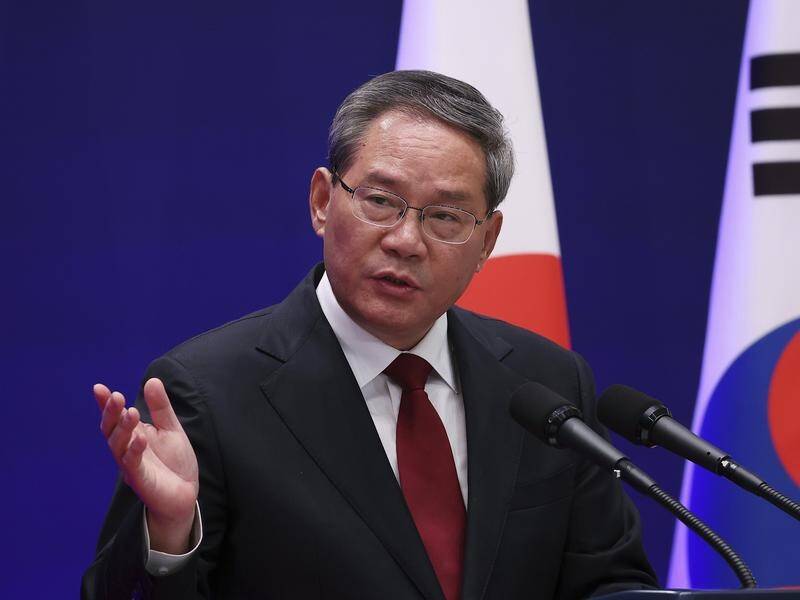During the ASEAN Summit in Vientiane, Chinese Premier Li Qiang reaffirmed China’s position on the South China Sea. He declared that China will continue to “crush foreign encroachment” in the region. This statement arrives amid rising tensions and clashes involving China and ASEAN member states, particularly the Philippines and Vietnam.
Li emphasized the importance of peace and stability in the South China Sea for regional development and prosperity. He framed China’s actions as legitimate, grounded in historical and legal claims. Li also underscored the necessity of respecting international law, including the United Nations Convention on the Law of the Sea (UNCLOS).
His remarks highlight a broader dissatisfaction among Southeast Asian nations regarding China’s assertive maritime claims. Many countries view these claims and activities as aggressive. Several ASEAN leaders have called for adherence to international law and expressed concerns about China’s military maneuvers in the contested waters.
China’s increasing assertiveness in the South China Sea has raised alarms among its neighbors. Countries like the Philippines and Vietnam have experienced direct confrontations with Chinese vessels. These incidents often involve fishing rights and resource exploration, igniting disputes over territorial sovereignty.

Li’s comments seem to dismiss these regional concerns, framing China’s actions as defensive rather than aggressive. However, the reality on the ground suggests otherwise. The presence of Chinese military installations on artificial islands further complicates the situation and escalates tensions in the region.
The ASEAN nations seek to maintain their sovereignty while navigating the complexities of their relationship with China. Some member states advocate for a united front against China’s assertive behavior. They believe that presenting a cohesive stance will strengthen their bargaining position.
The situation in the South China Sea is not just a regional issue; it has global implications. The waters are vital for international trade routes, and any conflict could disrupt global supply chains. The United States and other global powers have shown interest in ensuring freedom of navigation in these waters.
The response from the international community remains critical. Global leaders are watching closely as the tensions unfold. Many emphasize the importance of dialogue and diplomacy to resolve disputes peacefully.
As the ASEAN Summit progresses, discussions on the South China Sea will likely continue. ASEAN leaders will weigh the risks of escalating tensions against the need for regional cooperation. They will also consider the balance of power in the region and its implications for future security.
Li Qiang’s statements underscore the complexity of the South China Sea issue. The challenge lies in fostering stability while addressing the concerns of all involved parties. As discussions evolve, the hope for a peaceful resolution remains crucial for regional prosperity.



